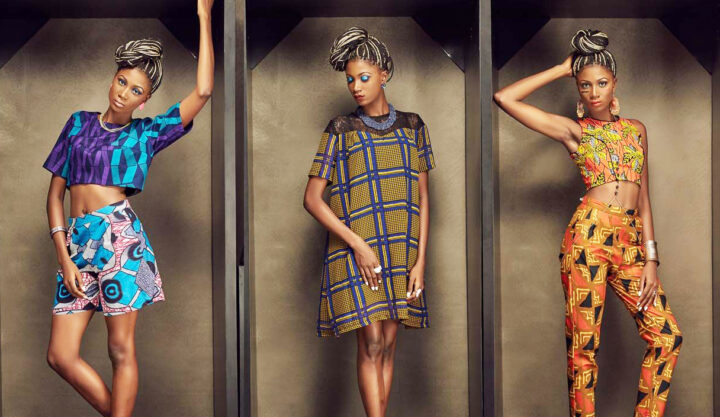Experts and industry stakeholders have emphasized that for the Nigerian fashion industry to reach its full potential and compete globally, it must embrace innovation and prioritize sustainability. Speaking at a recent fashion and creative economy forum in Lagos, designers, policymakers, and business leaders stressed the need for technological integration, eco-friendly practices, and better support systems for emerging talents.
According to industry insiders, the global fashion landscape is rapidly evolving, with increased consumer demand for ethical production, sustainable materials, and unique cultural expressions. Nigerian designers, who are renowned for their creativity and vibrant styles, must align with these trends to stay competitive. The call for innovation extends to adopting digital tools for design, virtual showcasing, and e-commerce platforms to broaden market reach beyond the local scene.

One leading designer noted that the country’s fashion sector holds immense promise, but the lack of proper infrastructure, inadequate funding, and over-reliance on imported textiles continue to limit growth. They urged government agencies and private investors to create enabling environments through grants, favorable trade policies, and improved textile production facilities.
Stakeholders also emphasized the importance of sustainability in the industry’s future. Fast fashion trends and wasteful production processes have sparked global environmental concerns, making eco-conscious designs more appealing to consumers. By sourcing fabrics locally and exploring environmentally friendly alternatives such as organic cotton and recycled materials, Nigerian designers can create a competitive niche internationally.
Furthermore, industry experts advocated for stronger collaborations among designers, manufacturers, and tech companies to drive innovation. They also highlighted the importance of research and development to explore new fabrics, digital fashion technology, and innovative business models that reduce environmental impact. This approach, they said, would not only help local brands compete internationally but also create jobs and boost the economy.
Another critical point raised during the discussion was the need for proper intellectual property protection. Many designers face challenges with plagiarism and lack of legal frameworks to safeguard their work. Experts called for reforms that ensure designers receive adequate recognition and profit from their creative outputs.
Additionally, training and capacity building were identified as key factors in the industry’s growth. Young designers and artisans require mentorship programs, vocational education, and exposure to global markets. Fashion hubs and incubators were recommended as platforms for nurturing talent and providing resources to improve production quality and branding.
Industry analysts also pointed out that Nigeria’s rich cultural heritage presents a unique advantage for fashion designers if properly harnessed. The growing global appetite for Afrocentric fashion creates an opportunity for local designers to lead with authenticity, incorporating traditional techniques and indigenous fabrics into modern designs.
The forum concluded with a collective call for deliberate efforts from all stakeholders to reposition Nigeria’s fashion industry as a driver of economic growth. By leveraging technology, sustainable practices, and global partnerships, the industry can achieve significant export potential and contribute meaningfully to Nigeria’s GDP.
Observers believe that innovation and sustainability are not just trends but necessities for survival in today’s highly competitive fashion market. They insist that adopting these strategies will place Nigerian designers on par with global counterparts while addressing environmental concerns and enhancing profitability.
As global fashion continues to evolve, the Nigerian industry has an opportunity to lead in innovation and sustainability while showcasing the nation’s culture to the world. With coordinated efforts between government, private sector players, and creative professionals, experts are optimistic that the fashion industry can become a significant economic force in Africa.
Support InfoStride News' Credible Journalism: Only credible journalism can guarantee a fair, accountable and transparent society, including democracy and government. It involves a lot of efforts and money. We need your support. Click here to Donate
